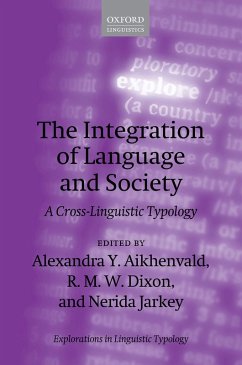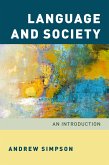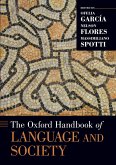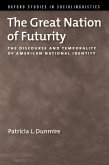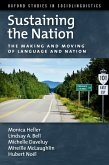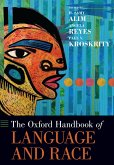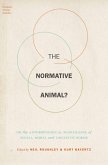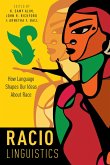The volume explores the integration of language and society as reflected in the grammar of a language. Each language bears an imprint of the society that speaks it; language reflects speakers' relationships with each other, their beliefs, and their ways of viewing the world, as well as other aspects of their social environment, their means of subsistence, and even geographical features of the areas in which the language is spoken. The chapters in this book draw on data from the languages of Australia and New Guinea (Dyirbal and Idi), South America (Chamacoco, Ayoreo, Murui, and Tariana), Asia (Japanese, Brokpa, and Dzongkha), and Africa (Iraqw) to examine the ways in which the grammar of a language relates to societal practices. The volume begins with a general introduction that summarizes the main issues relevant to how language and societies are integrated, before later chapters explore specific points of integration in a range of diverse languages, including honorifics, genders and classifiers, possessives, evidentiality, comparatives, and demonstratives. The findings advance our understanding of how non-linguistic traits have their correlates in language, and how these change when society changes. The volume will be a valuable resource for scholars and students of typology, cultural and linguistic anthropology, and sociolinguistics and social sciences more widely.
Dieser Download kann aus rechtlichen Gründen nur mit Rechnungsadresse in A, B, BG, CY, CZ, D, DK, EW, E, FIN, F, GR, HR, H, IRL, I, LT, L, LR, M, NL, PL, P, R, S, SLO, SK ausgeliefert werden.

